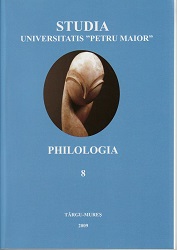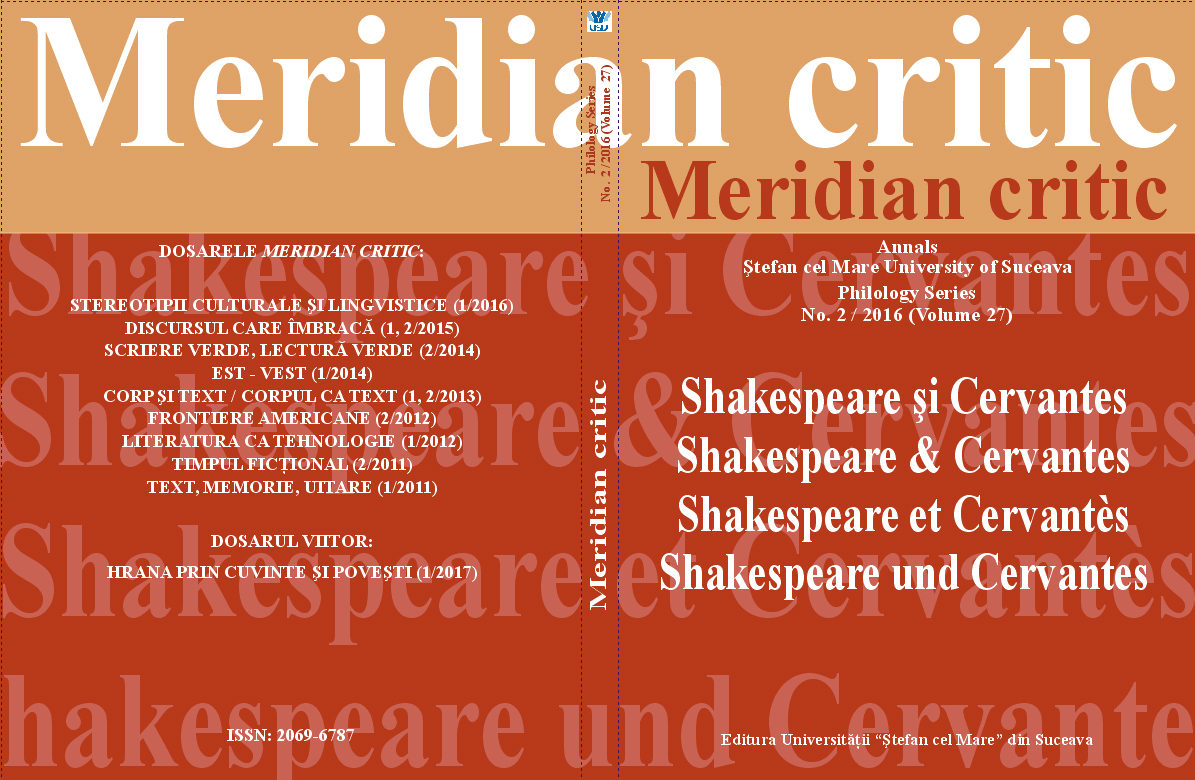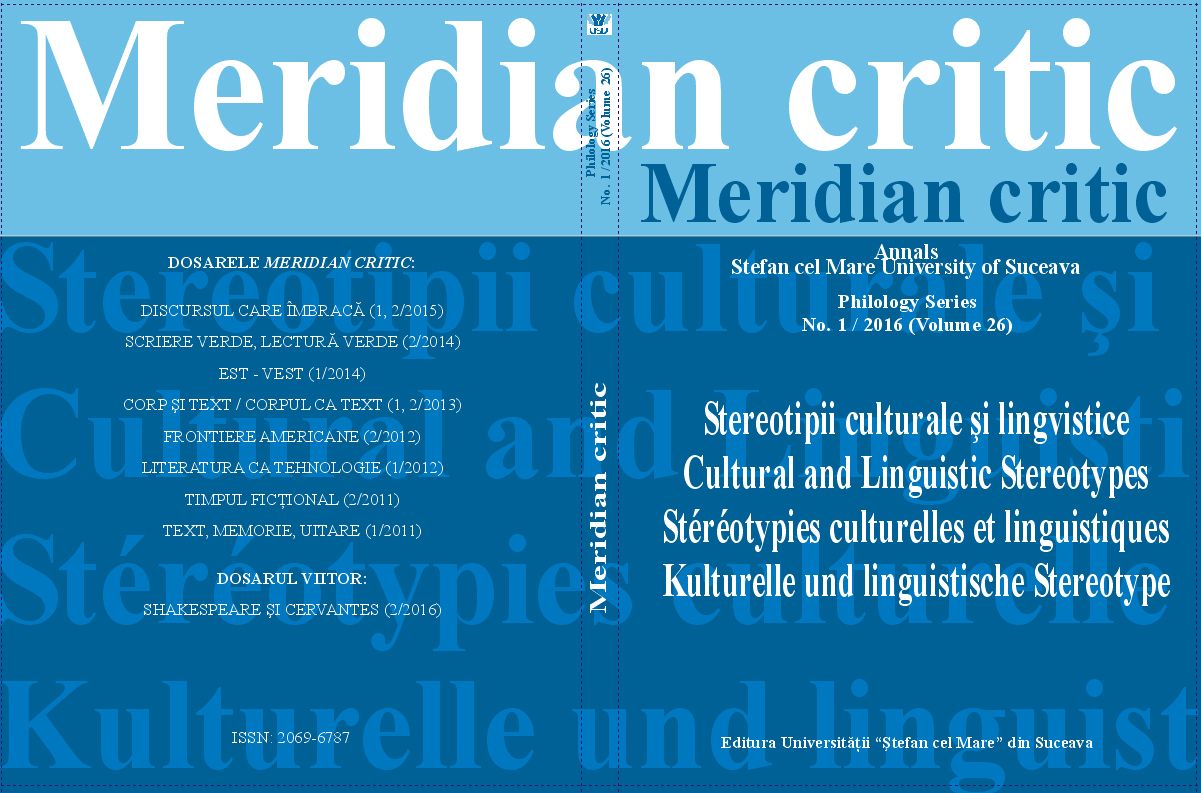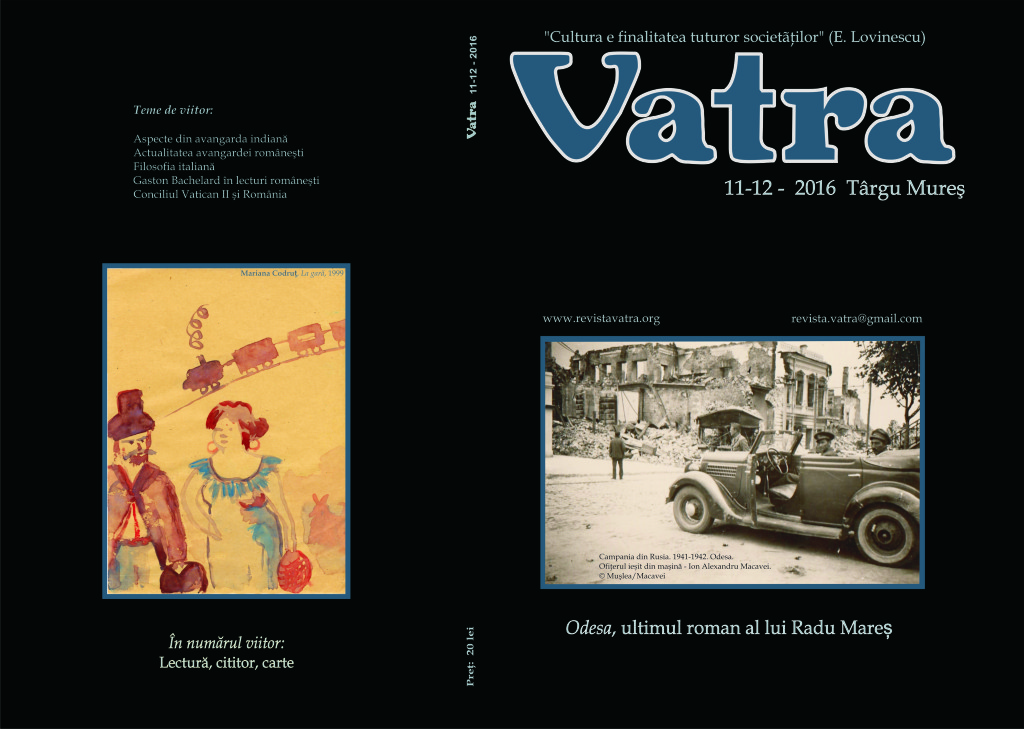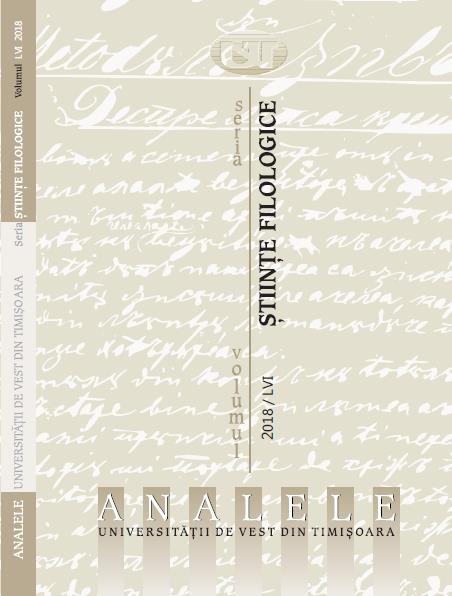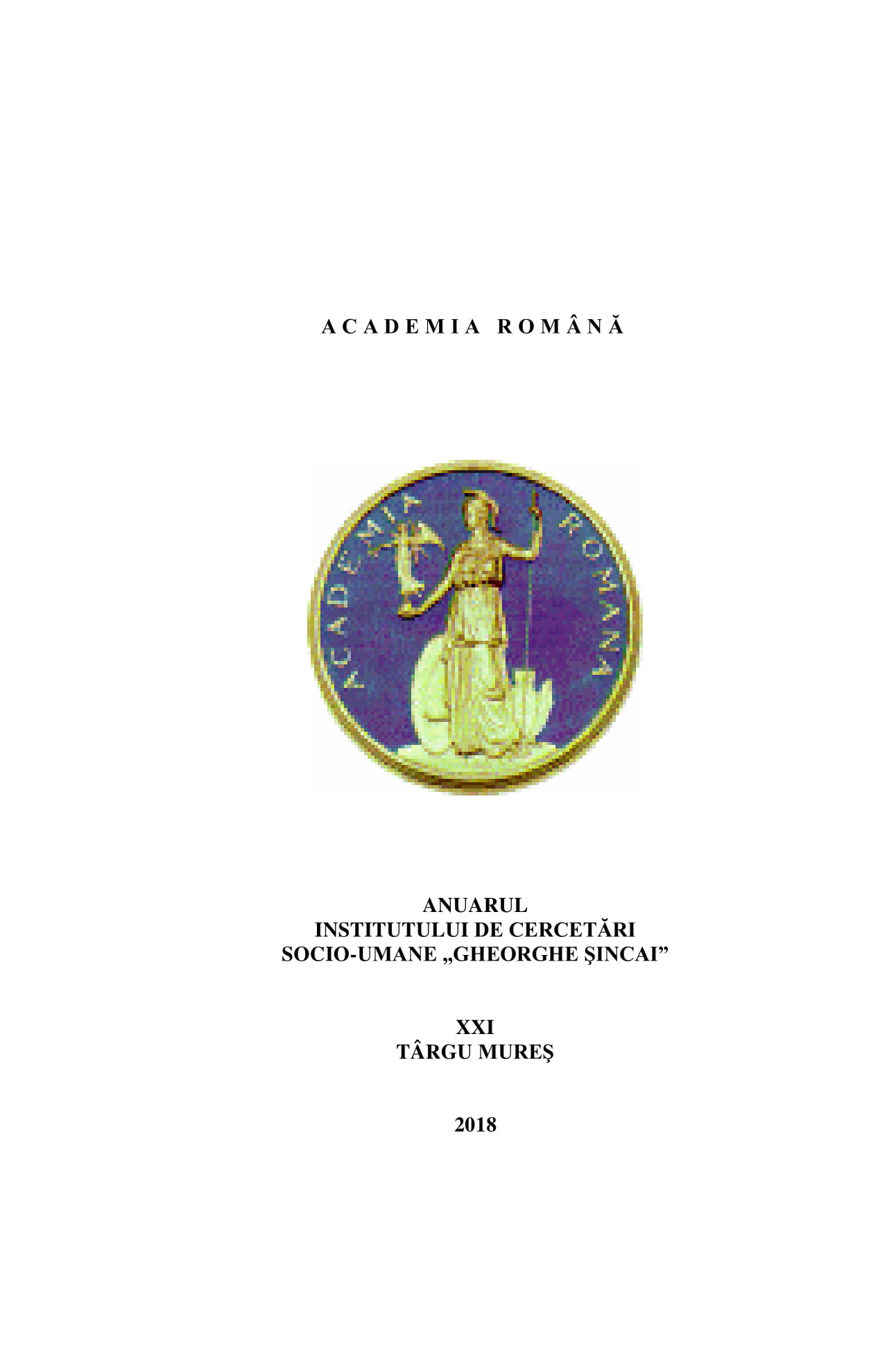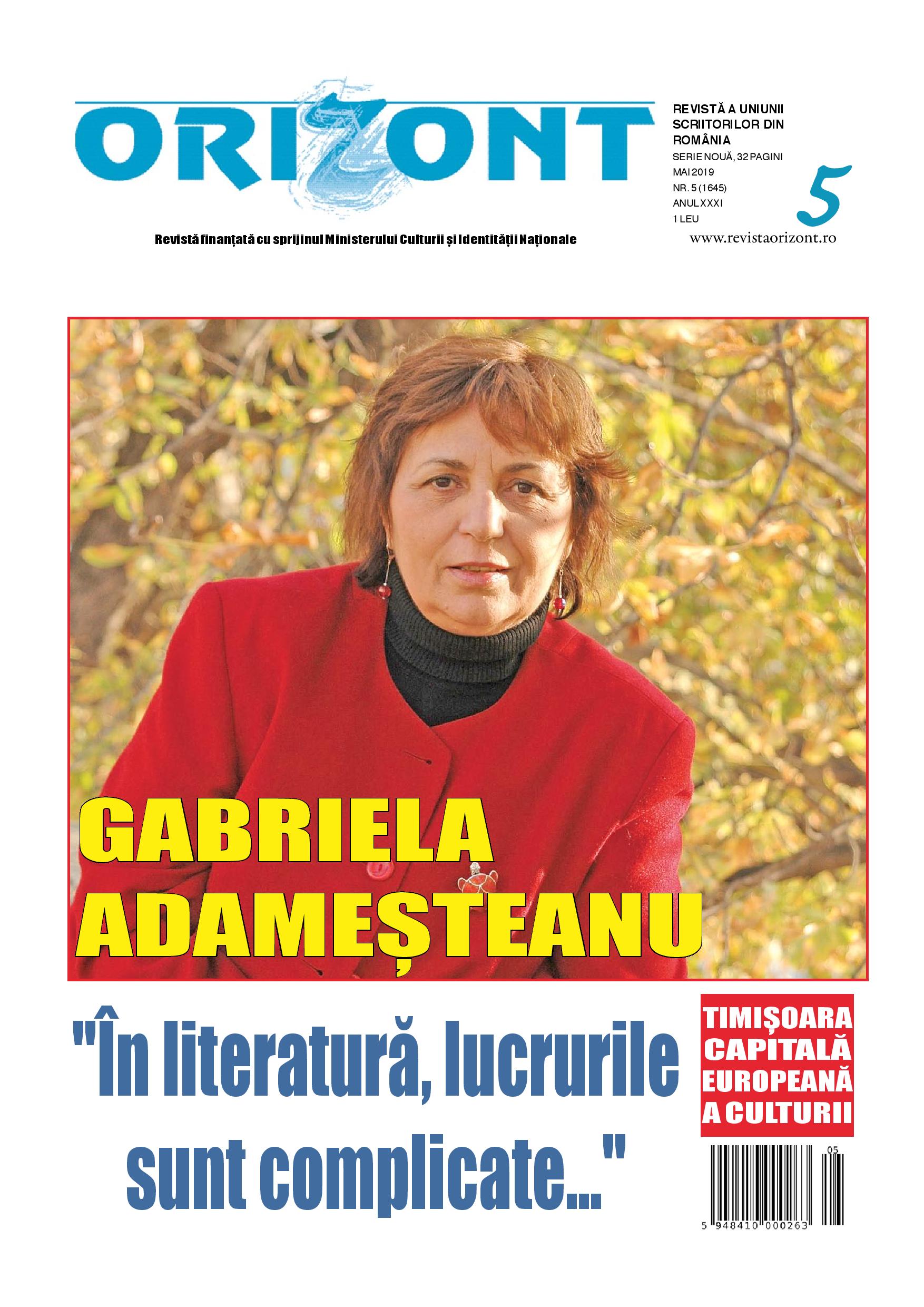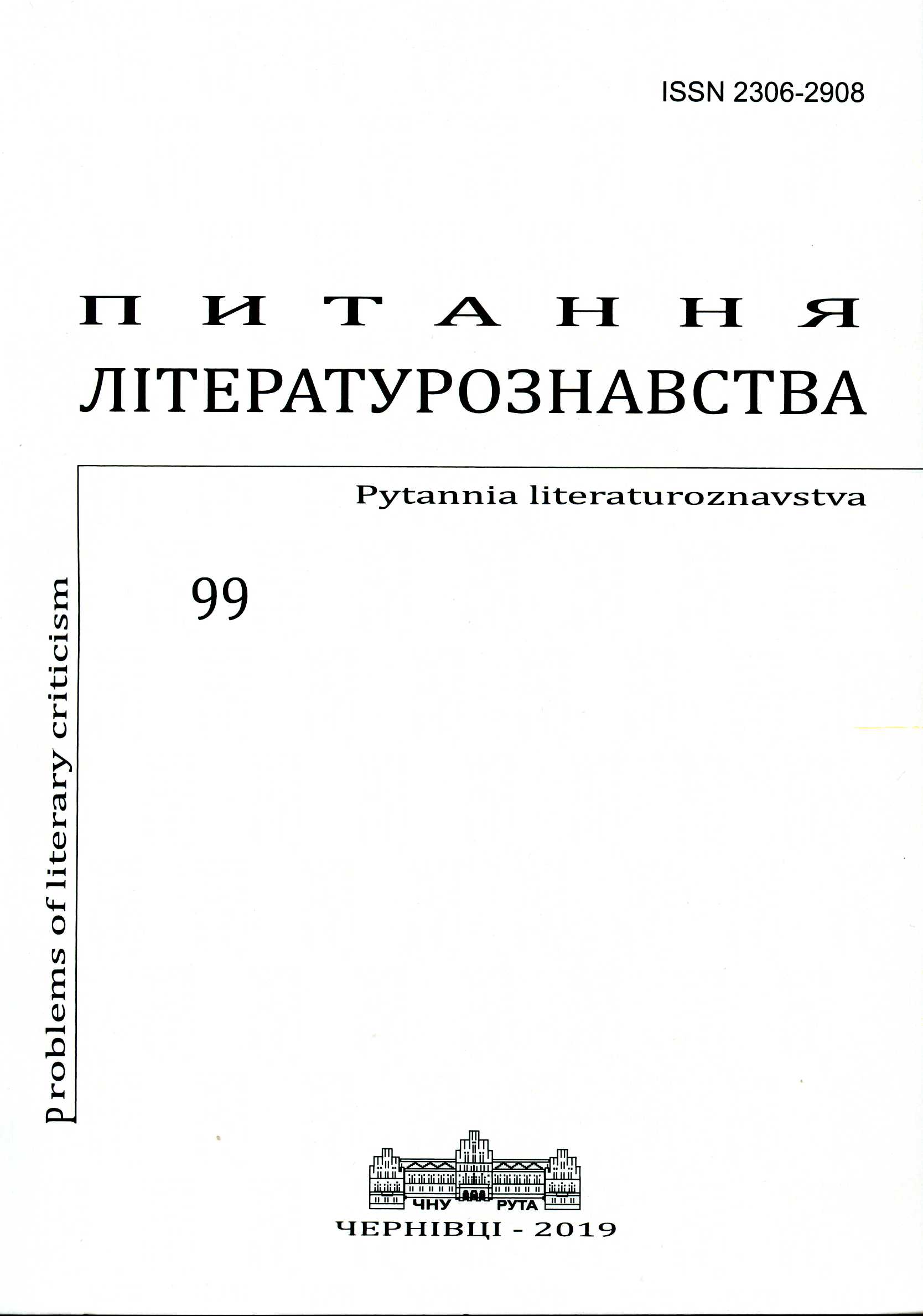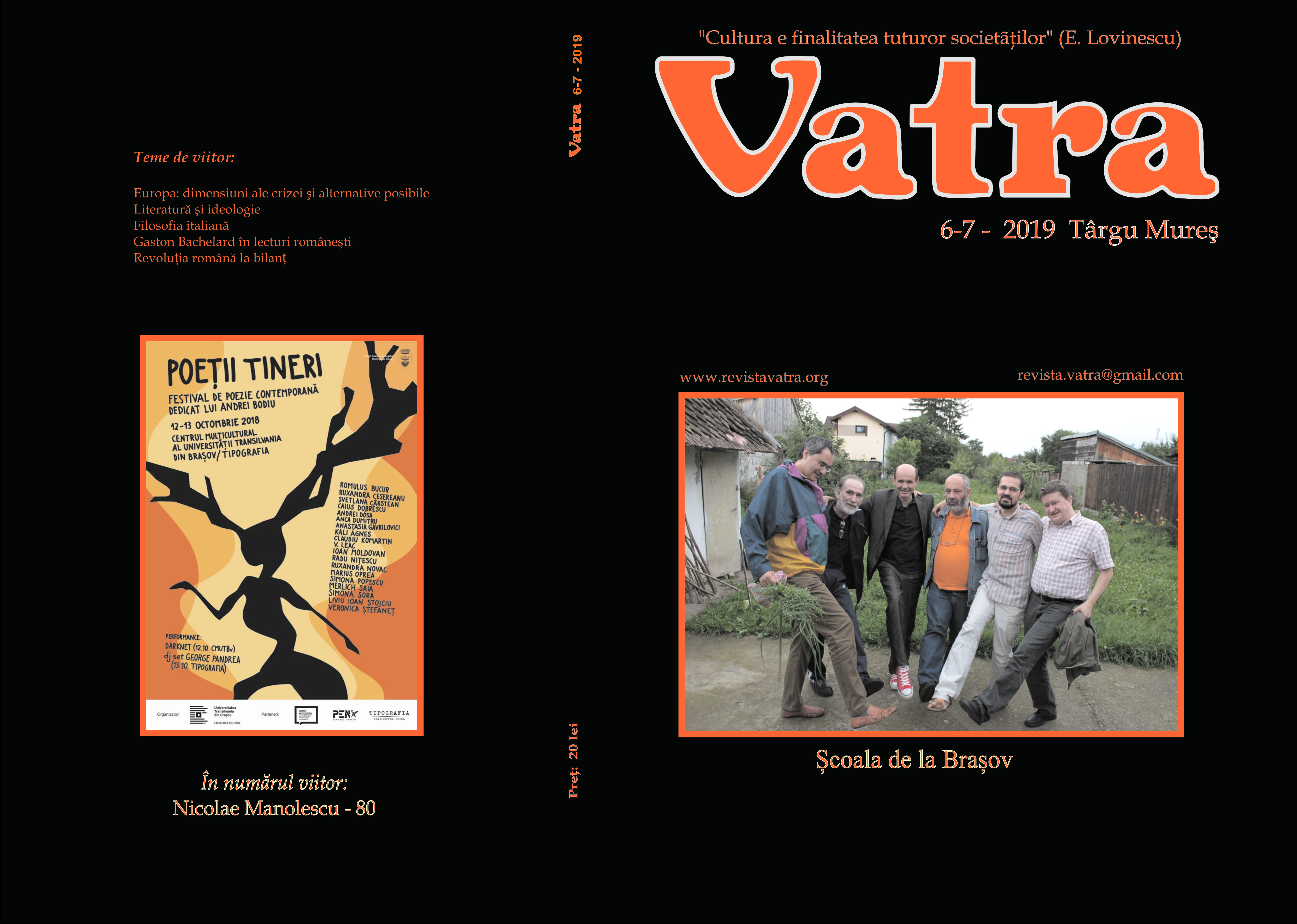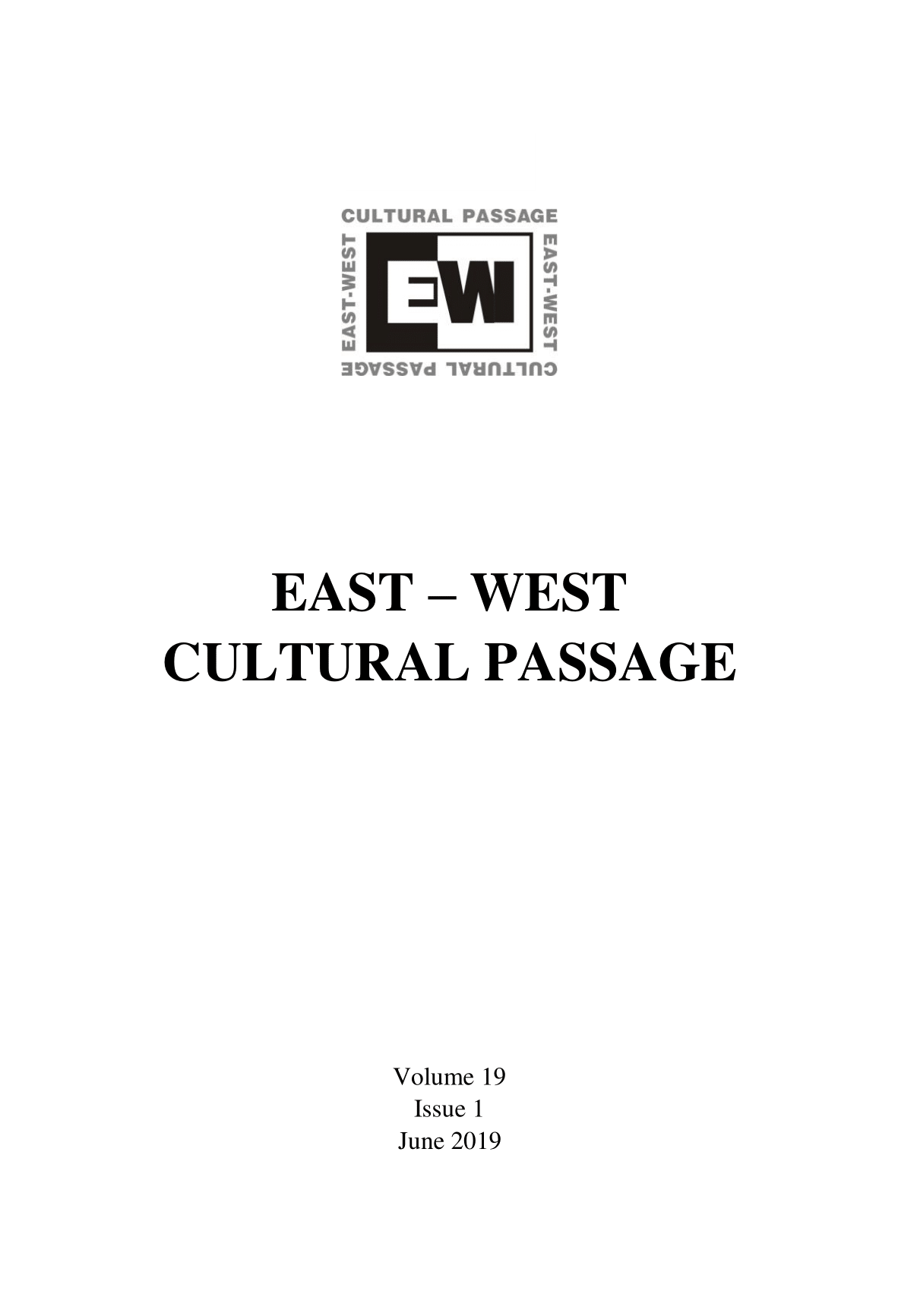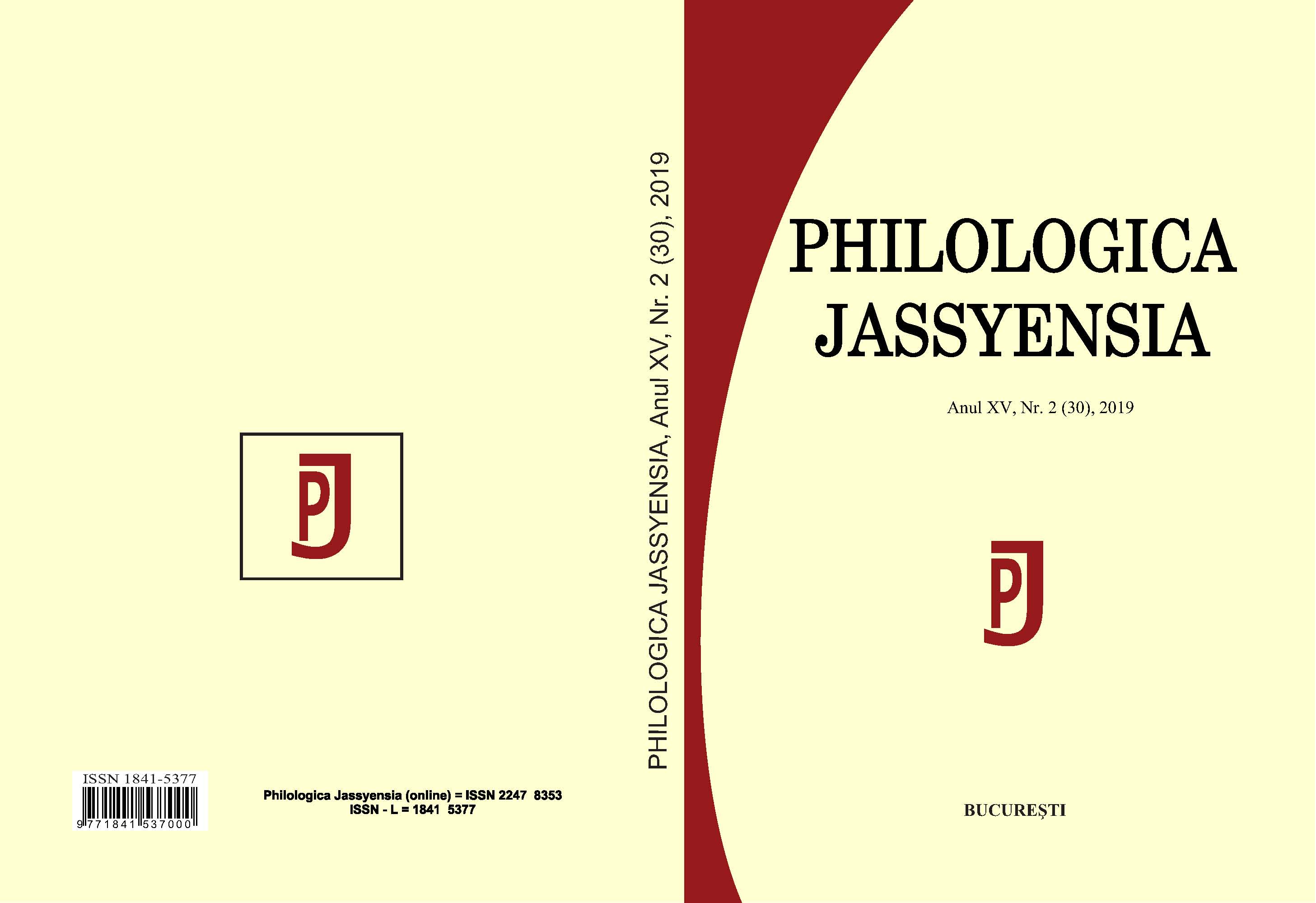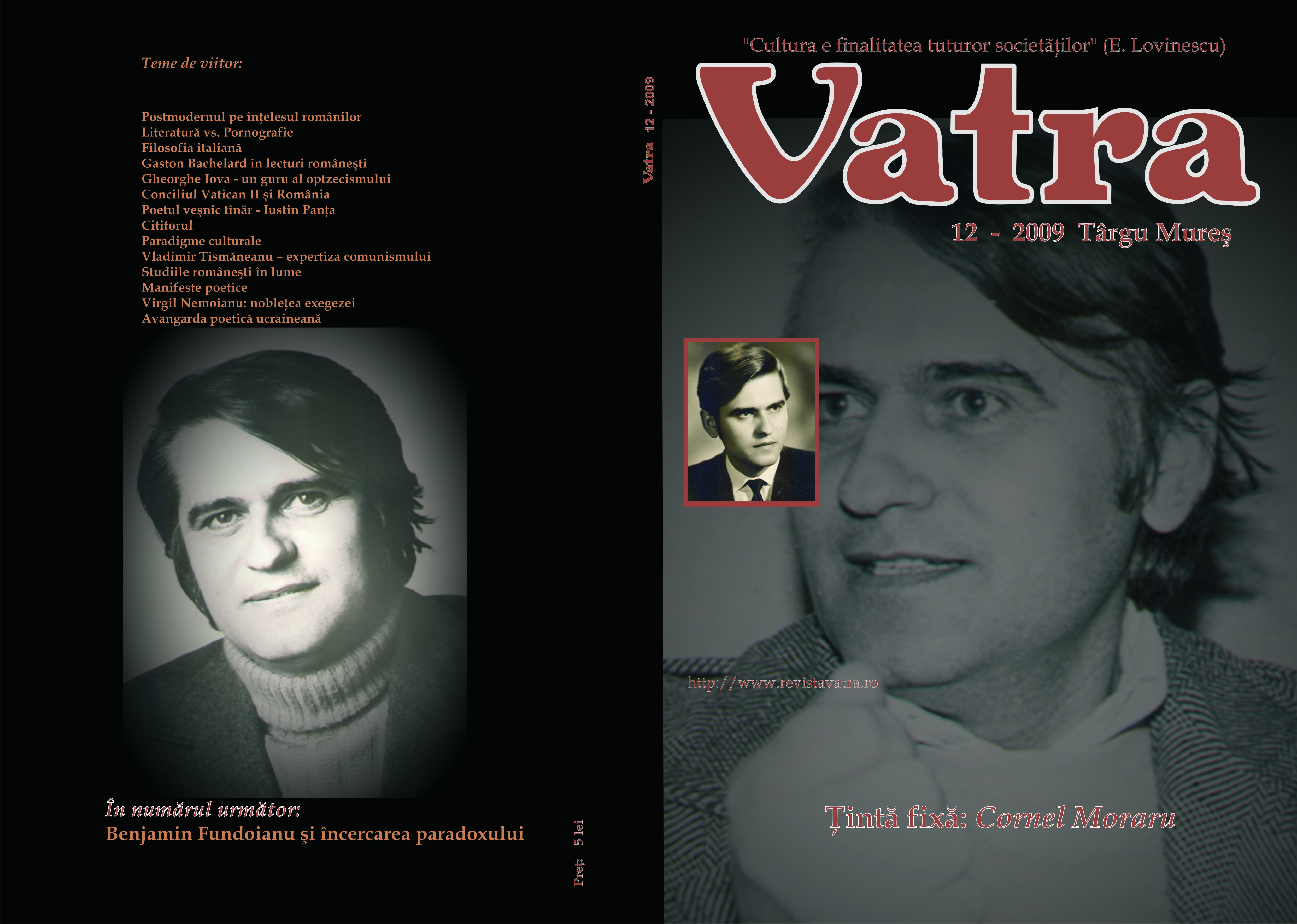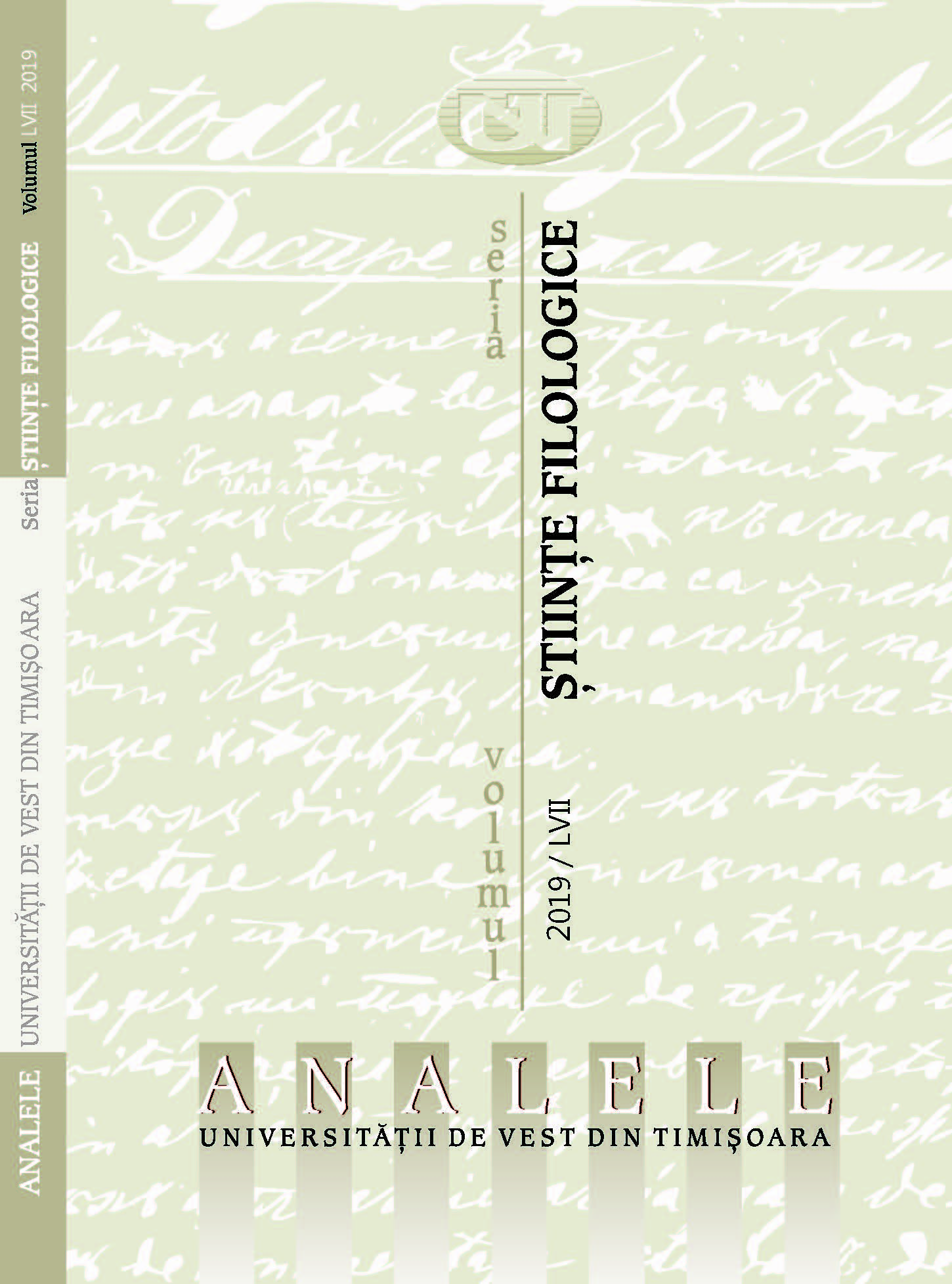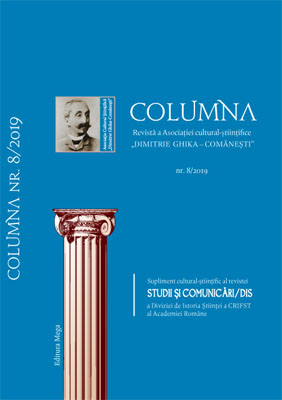Author(s): Senida Poenariu,Ioan Șerbu,Mircea Martin,Virgil Podoabă,Dan Țăranu,Ramona Hărşan,Ciprian Șiulea,Dan George Botezatu,Romulus Bucur,Constantina Raveca Buleu,Ingrid Tomonicska,Alexandru Matei,Miruna Iacob,Luciana, Lia Sima,Cristina Timar,Călin Crăciun,Andrei Vornicu,Viorel Marineasa,Stefan Borbely,Diana Tătăruș,Cristina Palaș,Rucsandra Pop,Alexandru Muşina,Caius Dobrescu / Language(s): Romanian
Issue: 6/7/2019
The Brașov Literary School - a philological and literary movement initiated after several favorable conjunctions in Brașov in the '80s - has evolved from a large literary cenacle in an industrial city to a complex phenomenon manifested in several main directions. The abundance of contributions to this dossier has defined the organization of materials in two parts: texts that discuss the programmatic character of the present-day School, texts dedicated to books signed by school members, followed by portraits, evocations and / or memories, and, of course, a consistent section of the illustrative texts - literature of the Brasov School.
More...
